Can sleep apnea affect my teeth?
When we think of the effects of sleep apnea we typically think about the obvious effects such as those caused by restlessness and lack of good sleep, but what about how sleep apnea affects our teeth? Our Burnaby dentist shares some information about how sleep apnea can affect your teeth and how your dentist can help address these concerns.

